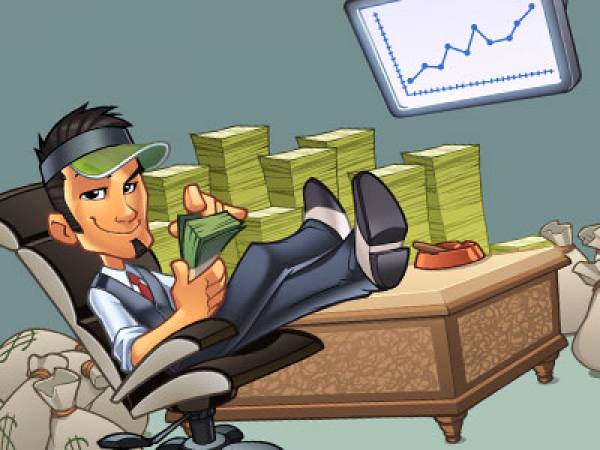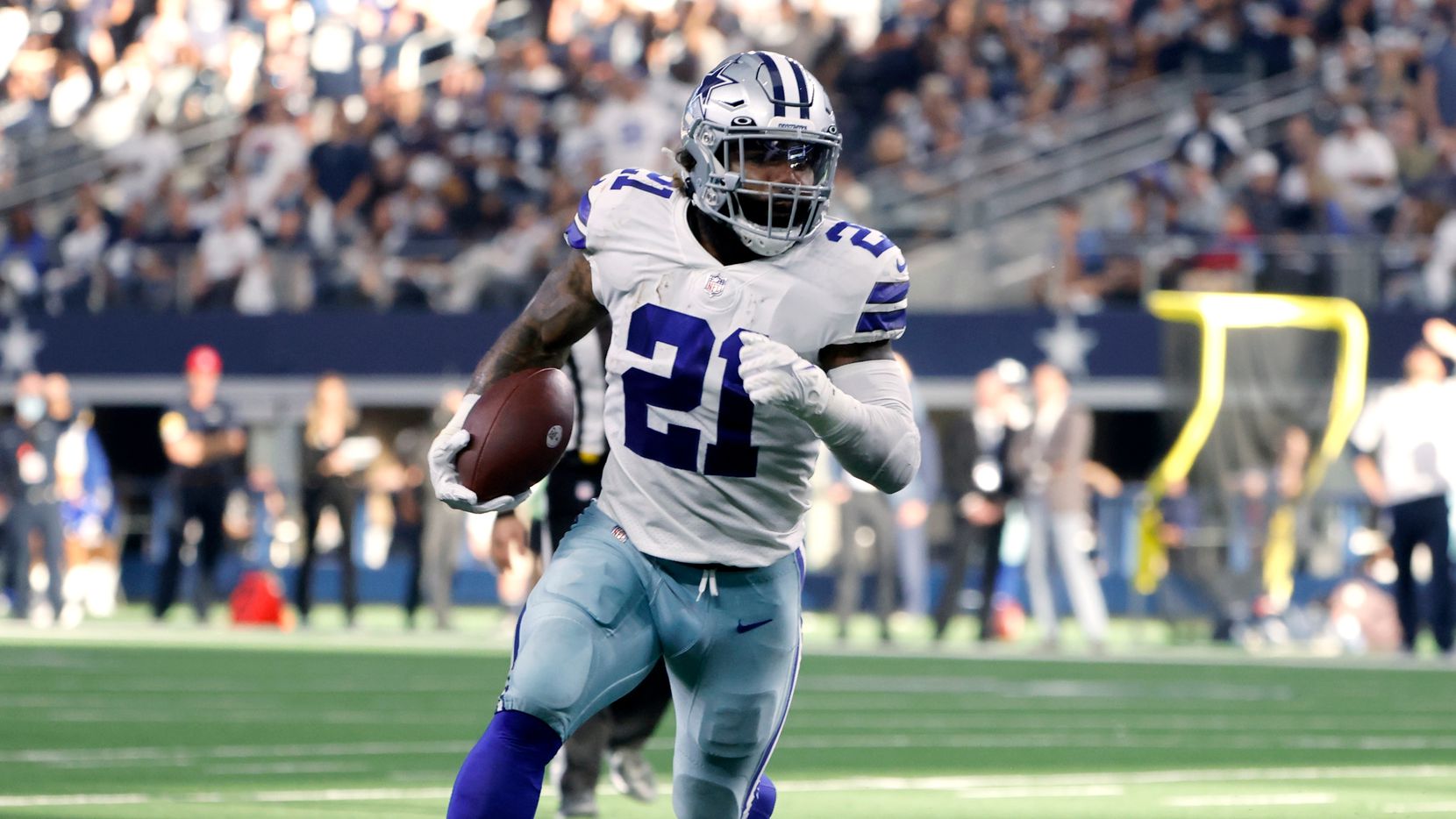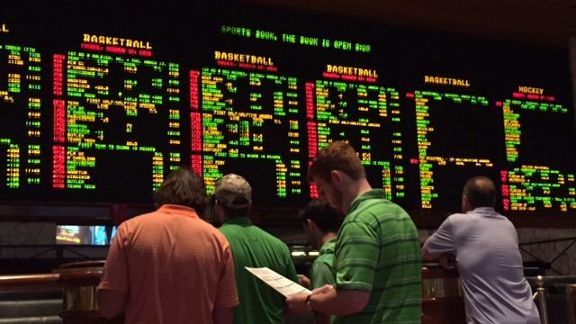Illegal sports betting will soon be replaced in many states by legal sports betting.
Or will it?
Maybe the better question is, how much illegal sports betting will now become legit?
Those are among the many questions swirling around betting in America since the U.S. Supreme Court in May overturned the Professional and Amateur Sports Protection Act, which since 1992 had prevented states from allowing legal sports gambling.
Much was at stake in the high court’s 6 to 3 ruling — mainly the 97 percent of the billions bet on sporting events and contests, which is the portion that the American Gaming Association estimates is wagered illegally.
In the short term, your neighborhood bookie is probably safe — from commercial competition anyway. There are a lot of issues and legalities to work out such as licenses, access, fees for pro sports franchises, etc.
Even after those wrinkles are smoothed out, illegal bookies will likely offer a more personal service and flexibility compared to buttoned-up betting parlors or gambling websites.
“The reality of the illegal gambling arm that’s never gonna change — it doesn’t matter the legislation — is they allow you to bet on credit,” said Tim Otteman, former gambler and assistant professor at Central Michigan University.
“If you’re betting with your local bookmaker, the deal is you pay Tuesdays,” he said. “But we’re not going to pay out unless you’re up $300, and we’re not going to collect unless you’re down $300. You’re using a credit of $600 — where you never have to pay them as long as you’re in the middle range.
Casinos and betting parlors don’t do that. You want to bet, you have to pay.
In the long-term, the survival of your local bookie probably depends upon their ability to adapt to a changing landscape, including online betting and the opportunity to wager by app.
“Our hope is — and our goal — is to put the illegal bookie out of business,” said Sara Slane, senior vice president for public affairs at the American Gaming Association.
How can that happen?
For bettors, the price has to be right. Too many taxes and fees from commercial gambling will cut into payouts.
“The No. 1 thing the consumers want is the best odds,” said Slane. “In order to have the best odds, the bookie has to be able to operate under an advantageous tax policy — 36 cents (per dollar) after paying winners on every single dollar is not a sustainable business model.
“There have to be reasonable and practical tax rates in place as well as consumer platforms they need and desire,” she added. “In addition to brick-and-mortar opportunities, we also support an interstate online mobile platform.”
There’s a lot of money at play.
A report by the Massachusetts Gaming Commission cited estimates that more than $100 billion is bet annually. Slane’s association estimates closer to $150 billion, while a study by H2 Gambling Capital, an analytics company, sets it at $192 billion annually.
The amount wagered illegally is difficult to pin down. A September report by another research company, Eilers & Krejcik Gaming, estimates a black market value of about $50 to $60 billion per year.
Commercial gambling businesses and state governments both look at those estimates and dream of profits and tax revenue.
For states, they’re already getting action from the growth of state-operated lotteries over the past few decades. Forty-four states either run or share a lottery with another state, and networks offer Powerball and Mega-Millions.
Lottery sales throughout the country totaled $80.5 billion in fiscal 2016, according to the North American Association of State and Provincial Lotteries — compared to about $53 billion just six years earlier.
In addition, at least 43 states offer some casino-style gambling, according to the Competitive Enterprise Institute. Nearly half of those allow card games like poker and blackjack, betting on horses and dog races.
At this point, it’s hard to know how large the sports betting market will be.
That’s not just because the illegal wagering economy is hard to pin down. It’s also because of confusion.
Many state and national estimates are misunderstood, according to the Massachusetts Gaming Commission’s research, because they reflect a betting handle — not revenue.
The handle refers to the total amount bet, which is different from how much is paid out and how much gets taxed.
The commission notes that sports books typically clear about 5 percent of the handle.
In the end, actual figures won’t be known until the legal sports books open for business.






